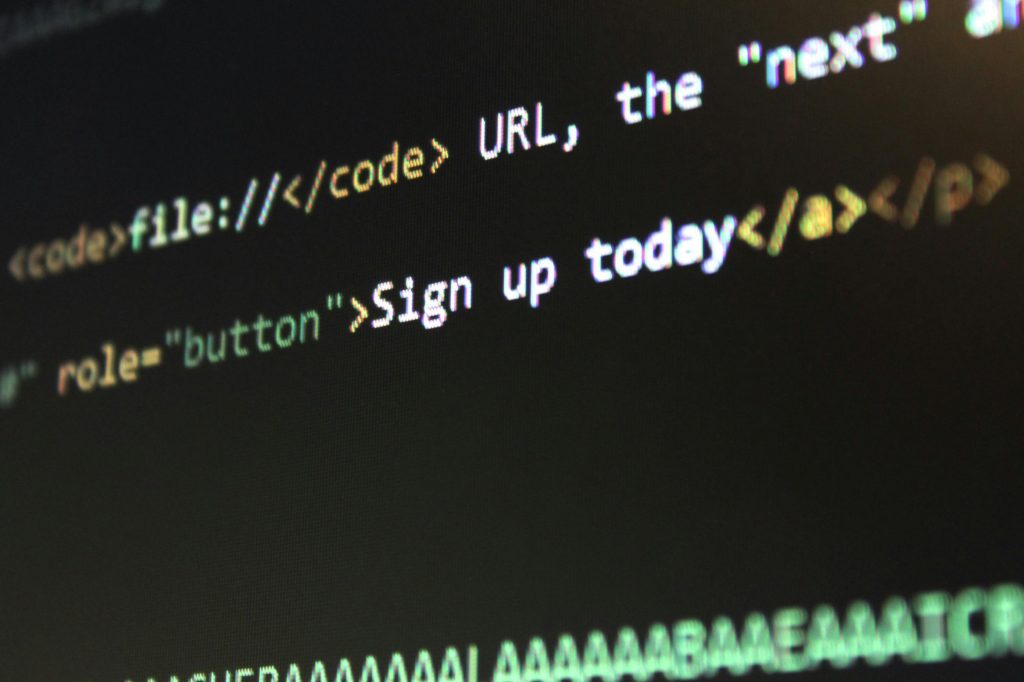In today’s hyper-connected world, we are constantly bombarded by notifications, emails, and social media updates, creating a sense of digital overload that can significantly affect our mental well-being. One emerging solution to this overwhelming connectivity is the concept of a Digital Sabbath. This practice involves taking intentional breaks from digital devices to refresh the mind and restore focus. Research shows that the digital detox provided by a Digital Sabbath can be highly beneficial for improving mental health, increasing productivity, and reducing burnout. In this article, we will explore the role of Digital Sabbaths in mental refreshment and their importance in today’s fast-paced digital era.

What Is a Digital Sabbath?
A Digital Sabbath refers to a period when individuals disconnect from all digital devices, including smartphones, computers, and tablets, for a set amount of time—typically, a full day or a weekend. Much like the traditional Sabbath day of rest, the digital version allows individuals to recharge mentally, reducing stress and giving the brain time to rest. During this time, people avoid all forms of electronic communication, such as checking emails, browsing social media, or watching TV. Instead, they engage in offline activities such as reading, exercising, or spending quality time with family and friends.
While some people observe a Digital Sabbath for spiritual or religious reasons, others adopt it as a method of increasing mental well-being. In a society where screens dominate our daily lives, taking this break has become a valuable tool to combat digital fatigue and promote emotional health.
Why Is a Digital Sabbath Important?
The idea of disconnecting may seem challenging in a world where we rely heavily on technology for work and social connections. However, there are growing concerns about the negative effects of constant digital engagement on our mental health. Digital overload can cause feelings of stress, anxiety, and burnout, particularly when individuals are constantly exposed to work emails, social media, and the pressure to be available 24/7. This is where a Digital Sabbath becomes essential.
Reducing Stress and Anxiety
Research has shown that constant exposure to screens, especially social media, can increase anxiety and stress. Studies indicate that individuals who spend excessive time on their phones often experience higher levels of stress due to constant notifications and the fear of missing out (FOMO). A Digital Sabbath provides a break from these pressures and allows the brain to relax, lowering stress levels and promoting a sense of calm.
Improving Focus and Productivity
When constantly distracted by digital notifications, it’s difficult to stay focused on tasks. A Digital Sabbath allows the brain to reset, making it easier to concentrate on important tasks once you return to digital life. By limiting distractions, you can improve your focus and productivity when engaging with technology again.
Enhancing Emotional Health
Digital overload can negatively affect emotional health by leading to comparisons and feelings of inadequacy, especially on social media. A Digital Sabbath offers a break from these influences, helping individuals to reconnect with themselves, focus on their own feelings, and reduce emotional exhaustion. Disconnecting from screens allows for more authentic connections with others and promotes greater emotional balance.
The Science Behind the Benefits of Digital Sabbaths
The benefits of taking a Digital Sabbath are well-documented in scientific literature. Studies show that constant digital engagement can lead to cognitive overload, which makes it harder to concentrate, think creatively, and retain information. When people are constantly switching between tasks, they experience mental fatigue, which decreases productivity and emotional well-being. By taking breaks from technology, individuals allow their brains to recover and improve cognitive functioning.
Cognitive Fatigue and Recovery
Mental fatigue is a well-known result of overexposure to digital devices. According to a study by the American Psychological Association, too much screen time can impair cognitive function and increase mental stress. A Digital Sabbath provides an opportunity to step away from these digital distractions and gives the brain a chance to recover and recharge.
Improved Sleep Patterns
Studies have found that excessive screen time, particularly before bed, can disrupt sleep patterns. The blue light emitted from screens interferes with the production of melatonin, a hormone that regulates sleep. Taking a break from screens during a Digital Sabbath can help restore healthy sleep patterns and improve overall well-being.
How to Implement a Digital Sabbath
Taking a Digital Sabbath might seem daunting, especially for those who rely heavily on their devices for work and socialization. However, with some planning, anyone can successfully implement this practice into their routine. Below are a few steps to help you begin:
1. Set Clear Boundaries
Choose a day or time period during which you will completely disconnect from your digital devices. It can be a full day, a few hours, or a weekend. The important thing is to stick to the plan and refrain from checking your phone, emails, or other devices during this period.
2. Plan Offline Activities
Fill your Digital Sabbath with activities that nurture your mind and body. Take the time to read, meditate, journal, engage in outdoor activities, or spend quality time with loved ones. Use this time to unplug and connect with yourself and others.
3. Notify Others
Let your colleagues, friends, and family know that you will be offline during your Digital Sabbath. This will help manage expectations and reduce the pressure to be constantly available.
4. Create a Tech-Free Zone
Designate certain areas of your home or office as tech-free zones. This will help you create boundaries for when and where you engage with technology. For example, keep your bedroom free of electronic devices to improve sleep quality.
5. Start Small
If a full day without devices seems too challenging, start small. Begin by taking short breaks during the day or taking a few hours off from technology. Gradually increase the duration of your Digital Sabbaths as you become more comfortable with the practice.
Challenges of a Digital Sabbath
While a Digital Sabbath offers many benefits, it can also come with challenges. Some individuals may find it difficult to disconnect, especially if they feel they are dependent on their devices for work, social connections, or entertainment. The feeling of FOMO (Fear of Missing Out) can also make it harder to commit to a Digital Sabbath. However, with consistency and dedication, individuals can overcome these challenges and reap the benefits of this practice.
Conclusion
In a world dominated by digital devices, taking a Digital Sabbath is an essential practice for maintaining mental and emotional health. By disconnecting from technology, individuals can reduce stress, improve focus, enhance creativity, and restore healthy sleep patterns. The benefits of a Digital Sabbath extend far beyond just a day off from technology; they help individuals find greater balance in their lives and reconnect with their true selves. Whether you choose to unplug for a few hours or an entire day, incorporating a Digital Sabbath into your routine can lead to better mental refreshment and increased well-being.
References:
- American Psychological Association. (2017). Stress in America: The Impact of Technology. Retrieved from https://www.apa.org/news/press/releases/2017/10/stress-technology
- Harvard Health Publishing. (2020). The Effects of Technology on Sleep. Retrieved from https://www.health.harvard.edu/staying-healthy/the-effects-of-technology-on-sleep
- The National Institute for Occupational Safety and Health. (2021). Managing Cognitive Fatigue in the Workplace. Retrieved from https://www.cdc.gov/niosh/topics/cognitive-fatigue.html









